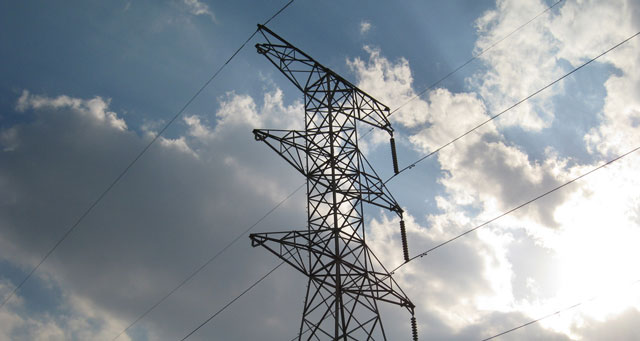
South Africa’s state-owned power utility may ask the nation’s energy regulator for permission to raise prices more than allowed so it can recoup more than R40bn of non-budgeted expenses incurred over two years, an analyst at Rand Merchant Bank said.
Eskom can ask the National Energy Regulator of South Africa, which sets the prices the producer may charge its customers, to recoup unanticipated costs incurred in prior years.
Nersa has allowed the utility to claw back extra expenses for both 2013 and 2014 through higher-than-planned tariffs in the two subsequent years. Prices have climbed an average 15% annually since 2006, data on the utility’s website show. That compares with average inflation of 6,2% in the period.
While difficult to estimate how the potential request would raise power prices, “it is likely to translate into a standard tariff increase ‘ask’ around the 20% mark”, Elena Ilkova, a Johannesburg-based analyst at RMB, said in an e-mailed response to questions. The regulator will determine when the increase will be effective, she said.
Eskom, which provides about 90% of the country’s electricity, had to buy diesel to run costly emergency turbines in 2014 and last year to curb power cuts in Africa’s most industrialised economy, where growth has slowed.
Electricity prices in South Africa have almost quadrupled since 2007, when the country first had shortages that resulted in load shedding. The utility has stabilised the performance of its plants and rolled out a cost-cutting programme that saved R17,5bn in the year ended 31 March, about a third more than targeted.
Ilkova’s expectation that Eskom will ask the regulator to recover more than R40bn for the 2015 and 2016 financial years was first reported by Business Day on Friday. The utility didn’t immediately answer a call and e-mail seeking comment.
The utility got R20bn of loans from the African Development Bank, helping it fund new power plants following years of under-investment that crippled South Africa’s electricity supply, it said Thursday.
Eskom will also look in its R339bn, five-year capital expenditure plan for further savings, Ilkova said. — (c) 2016 NewsCentral Media




